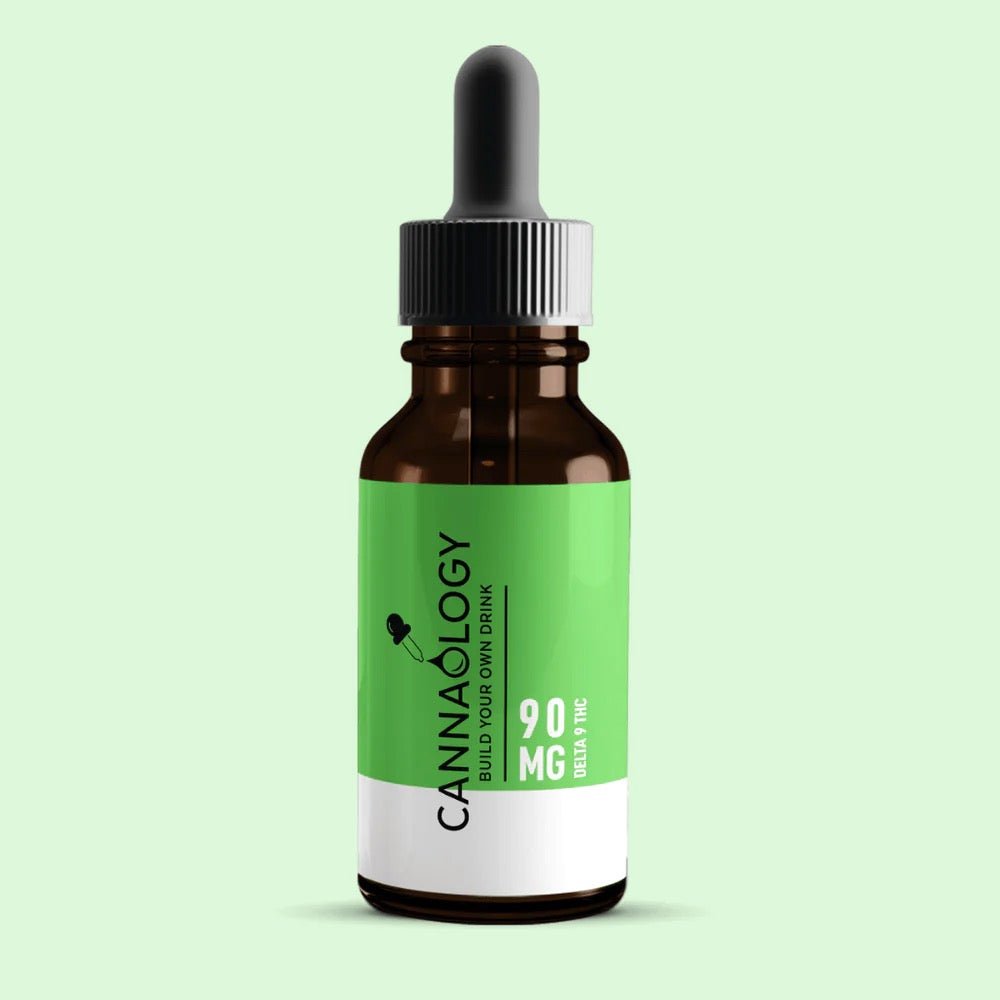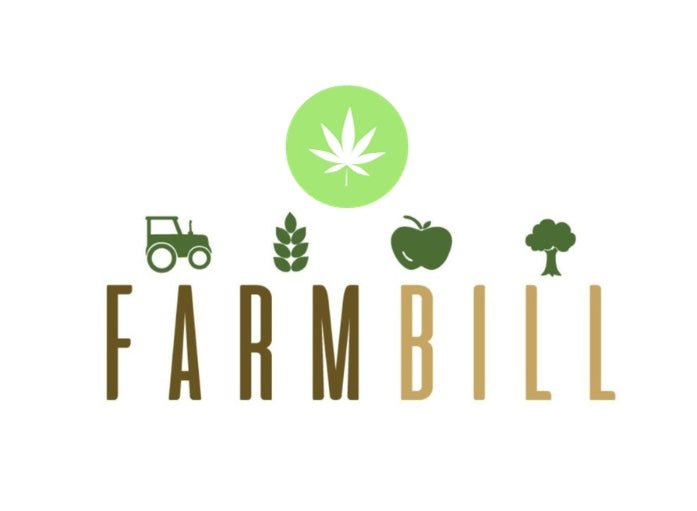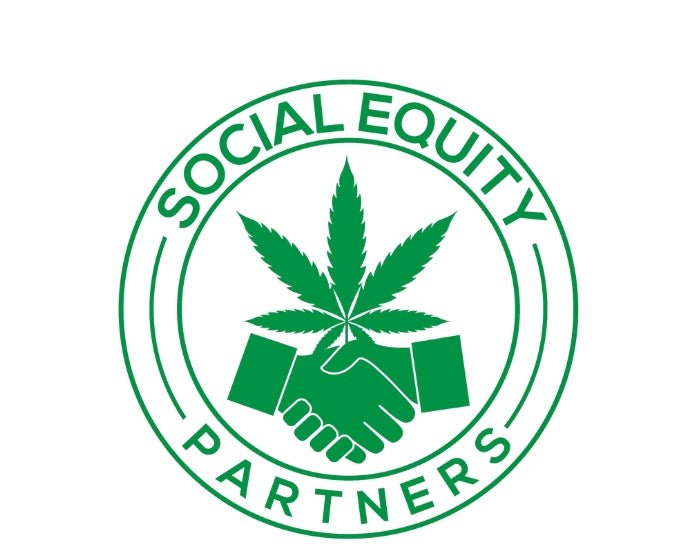The new poll indicates a massive shift in public opinion concerning the effectiveness of the government's disastrous effort to win the battle against illicit drugs in America.

During the decadent and politically divisive decade of the 1980s in the United States, seismic change occurred across many social, cultural, and legal areas of American life. One particularly iconic and influential message championed by then-First Lady Nancy Reagan was the "Just Say No" campaign against the use of illegal narcotics, particularly among young people.
Reagan would take any and every photo opportunity to sit around a group of ethnically diverse children and almost patronizingly instruct them on what to say if some unscrupulous character offered them drugs. She also starred in a relentless number of commercials and campaign ads manically regurgitating her worn-out catchphrase of "Just Say No!"
Other similar-toned advertisements also peppered television screens across the country throughout the 1980s and into the 1990s as American politicians, law enforcement agencies, and public figures joined the effort to defeat the cartels and drug dealers and definitively win the unofficial "War on Drugs" started in the early 1970s by the notorious and disgraced President Richard Nixon.
Over fifty years have passed since that ill-fated start, and Americans have finally conceded that Nixon's war has failed miserably. According to a new Gallup Poll, 52% of those interviewed believe that the United States has “lost ground” in the drug war, while 24% think the country has made progress.
The result is an astonishing reversal in public opinion since Gallup last asked the American public about the controversial issue in 2019. That survey found that a plurality (41%) of respondents were optimistic about the government's progress. The 2019 poll also showed that only 30% said the country was losing the war against illegal drugs at that time.
Researchers attribute much of the 22-point difference over the course of four years to the opioid overdose crisis plaguing almost every state in the union, particularly as fentanyl and other synthetic analogs have overwhelmed and inundated the country's drug supply. However, a significant part of the shift is also indicative of a mounting awareness on the part of Americans that the primary focus on criminalization, which is at the core of governmental drug strategies, has not worked.
Other notable findings from the comprehensive survey include:
- 12% of Republicans believe the U.S. is progressing, while 75% think the government is losing ground.
- 22% of Independents believe the U.S. is progressing, while 52% think the government is losing ground.
- 40% of Democrats believe the U.S. is progressing, while 27% think the government is losing ground.
The sharp contrast between Democrats and those with other party affiliations is most likely attributable to who is currently occupying the White House, according to researchers. "These party differences underscore the importance of the match between a person's partisanship and the incumbent president's party in evaluating the drug situation," Gallup's analysis says.
"These party differences underscore the importance of the match between a person's partisanship and the incumbent president's party in evaluating the drug situation."
- Gallup Poll on America's War on Drugs Analysis
Another interesting discovery from the survey concerns the significant disparity between respondents' macro and micro views of the issue. According to the poll's findings, nearly three in four of those surveyed (74%) say the nation's drug problem is either "very" or "extremely" serious. However, a mere 35% believe the same about the issue in the area where they reside.
Overall, researchers conclude their findings by saying, "Americans generally see little progress in addressing the illegal drug problem in the nation. The public has never been more pessimistic than they are today, at least in the years Gallup has collected data on the matter. Greater concern about U.S. progress could lead to drugs being a more significant campaign issue in next year's presidential election than it has been in recent elections, which would put more pressure on candidates to devise plans for addressing the problem."
"Americans generally see little progress in addressing the illegal drug problem in the nation. The public has never been more pessimistic than they are today, at least in the years Gallup has collected data on the matter. Greater concern about U.S. progress could lead to drugs being a more significant campaign issue in next year's presidential election than it has been in recent elections, which would put more pressure on candidates to devise plans for addressing the problem."
- Gallup Poll on America's War on Drugs Analysis
The results from the Gallup Poll are not surprising. However, they do highlight a need for political leaders, law enforcement officials, and health and safety experts to have a frank conversation about how to appropriately and effectively address the issue of addiction and the criminal activities created by it. The discussion may also require a fundamental reframing of what is and is not a dangerous narcotic.
Now that marijuana is recreationally legal in 24 states and available medicinally in almost 40, the days of castigating the cannabis plant as an evil and dangerous drug need to come to an end. Plant medicines and hard-core illegal narcotics, like heroin, meth, and cocaine, are not comparable.
It is well past time for self-motivated and duplicitous politicians to remove themselves as combatants in a ridiculous "War on Drugs" and take on the more noble and appropriate role as supporters and enforcers of common-sense policies developed by mental health experts and scientists to help heal the wounds that seek the drugs instead of punishing those who are suffering.







































